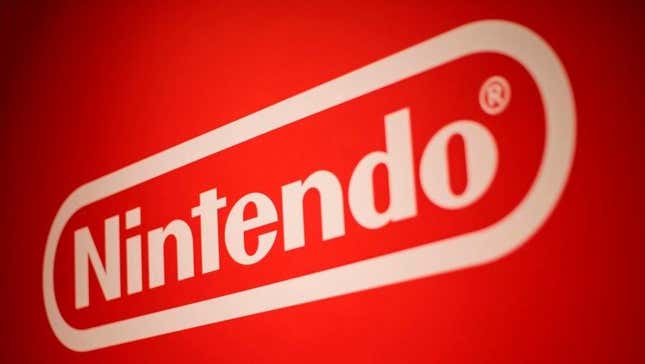
In spring 2020, the BBC reported that tens of thousands from China’s Uighur ethnic minority group were being forced into factory labor, having no choice whether or not to work in the global supply chain for products made by 83 global brands.
The news came from the Australian Strategic Policy Institute, which said the scheme was part of a central government policy in China and that foreign and Chinese companies were “possibly unknowingly” violating human rights. The institute added that Uighurs were even being moved from detention centers into factories. The actual ASPI report lists companies like Apple, Sony, Microsoft, and Nintendo.
“Companies using forced Uighur labor in their supply chains could find themselves in breach of laws which prohibit the importation of goods made with forced labor or mandate disclosure of forced labor supply chain risks,” the report read.
During Nintendo’s most recent shareholder meeting, the company’s president Shuntaro Furukawa was asked about this report. “We as a company are aware of the news report that Uighurs might have been forced into labor at factories in our supply chain,” he replied. “However, as for the factory identified in the report, as far as we investigated, we could not confirm records of it being one of our business partners.”
The report mentioned Dongguan Yidong Electronic Co. Ltd, which apparently listed Nintendo as a partner on its website. Foxconn’s Zhengzhou facility was also identified in the report, and while Foxconn has been a Nintendo supply chain partner, it’s unclear if that specific factory—which is best known for its iPhone production lines—is also a factory for Nintendo hardware.
“Moreover,” Fukukawa continued, “we have never been informed that there was forced labor in our supply chain.” Okay, but do factories that are violating human rights tell others what’s going on? Also, how much do companies really know what’s going on in their partners’ factories?
Furukawa added that Nintendo does have its own Corporate Social Responsibility (CSR) guidelines and asks partners to comply. The company, he continued, has a policy of suspending dealings if there are forced labor or other serious risks. “As a global enterprise, we will continue to work with our production partners to put into practice ethical policies for manufacturing, labor, and procurement to carry out high-quality mass production.” The exec stressed that this was not limited to the Uighur people, nor to hardware and peripherals, as Nintendo also uses its CSR guidelines for apparel.